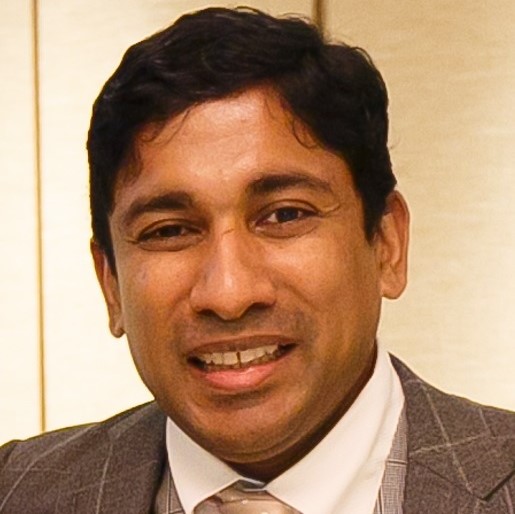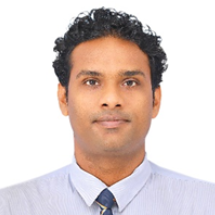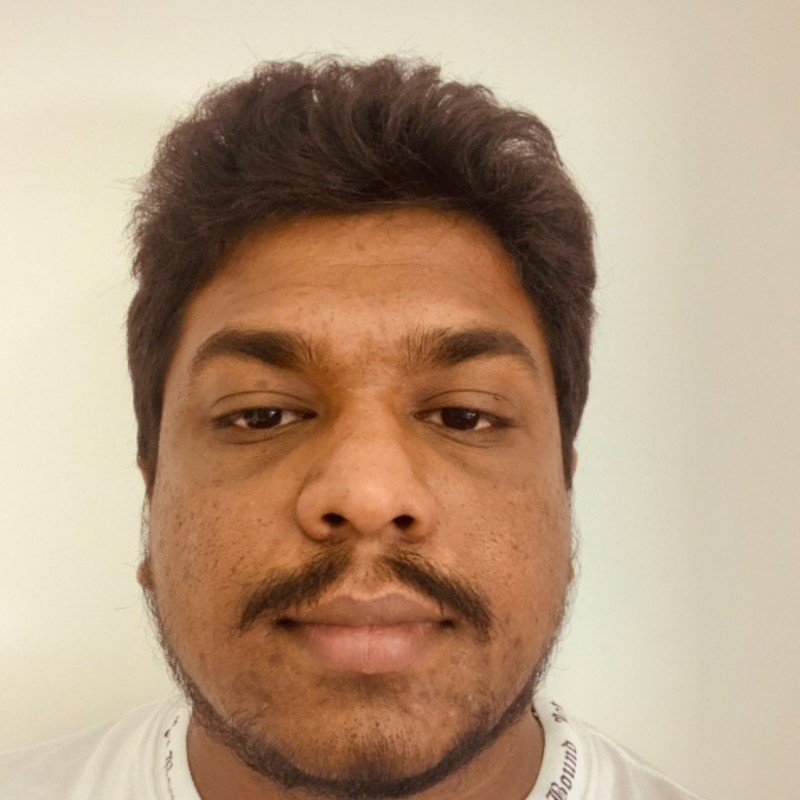ICARC 2026 will host a series of half-day and full-day workshops. The organizers are excited to invite workshop proposals to be held in conjunction with the conference. These workshops provide a platform for scholars and industry practitioners to discuss and explore emerging areas in computing.
We encourage submissions from both researchers and industry professionals. To foster diverse perspectives, we strongly suggest having organizers from different institutions. We welcome workshops with innovative structures designed to attract various types of contributions and ensure engaging interactions.
For now, the following worshops are being proposed
# Workshop 1

Human-Unidentifiable Vision for Privacy-Protected Applications
10
th
of November 2025 7.00 PM (SL Time)

Description
Many studies have been conducted to detect and classify humans using human-identifiable vision systems, such as general RGB cameras and omnidirectional cameras. However, in scenarios where privacy is a critical concern, these approaches are not suitable. As a result, methods that rely on human-unidentifiable vision, including the use of devices like depth cameras, LiDAR, and event cameras, are becoming increasingly important. This invited talk introduces several approaches for human detection and behavior analysis using depth and event cameras in privacy-protected applications.Resource Person
Chinthaka Premachandra Professor in AI Image Processing and Robotics Shibaura Institute of Technology View Profile
# Workshop 2



Visible Light Communication: Fundamentals, Advances, and Machine Learning-Driven Enhancements
12
th
of February 2026 (SL Time)



Description
This tutorial explores the fundamentals and emerging trends in Visible Light Communication (VLC), a promising wireless communication technology leveraging the visible light spectrum. Participants will gain insights into the principles of VLC, its practical integration with IoT systems, and the unique advantages it offers over traditional RF- based communication. The session will also delve into recent advancements in VLC systems empowered by machine learning, highlighting intelligent modulation, channel estimation, and resource allocation. Finally, the tutorial will outline key challenges and exciting future research directions, making it ideal for researchers and practitioners in wireless communications and smart system design.Resource Persons
Dr. Poompat Saengudomlert received the scholarship from His
Majesty the King of Thailand to obtain the B.S.E. degree in Electrical
Engineering from Princeton University, USA, in 1996. He then
obtained the M.S. and Ph.D. degrees, both in Electrical Engineering
and Computer Science, from Massachusetts Institute of Technology
(MIT), USA, in 1998 and 2002 respectively. During 2003 – 2004, he
served as a Postdoctoral Researcher at Laboratory for Information and
Decision Systems (LIDS), MIT, USA. From January 2005 to April
2013, he served as an Assistant and then Associate Professor in
Telecommunications at Asian Institute of Technology (AIT),
Thailand. Since May 2013, he has been serving as a Research Scholar
and Associate Professor in Telecommunication Engineering at BU-
CROCCS (Bangkok Universitys Center of Research on
Optoelectronics, Communications, and Control Systems), Thailand.
Prof.Poompat Saengudomlert
Bangkok University's Center of
Research on Optoelectronics, Communications, and Control Systems,
Bangkok University,Thailand.
View Profile
Dr. Pasan Maduranga (SMIEEE) received his B.Sc. Eng. in Electronic
Engineering from the School of Engineering, Asian Institute of
Technology (AIT), Thailand, in 2013. He earned his M.Sc. Eng. in
Electrical and Electronic Engineering from the University of
Peradeniya, Sri Lanka, in 2017, and completed his Ph.D. at the IIC
University of Technology, Kingdom of Cambodia, in 2022. In 2020,
he obtained Chartered Engineer (CEng) status in Electronics and
Telecommunication Engineering from the Engineering Council,
UK.Currently, Dr. Pasan Maduranga is a Senior Lecturer at the
University of Sri Jayewardenepura, Sri Lanka, and a Visiting
Researcher at the Bangkok University Center of Research in
Optoelectronics, Communications, and Computational Systems (BU-
CROCCS), Thailand. He has previously served as a full-time faculty
member at the Sri Lanka Technology Campus (SLTC), and has held
academic and research positions at General Sir John Kotelawala
Defence University, the University of Vocational Technology, and the
University of Moratuwa, Sri Lanka. He also served as a Co-Principal
Investigator at the Centre for Telecommunication Research (CTR) at
SLTC.Dr. Maduranga currently serves as an Executive Committee
member of the IEEE Communications Society (Sri Lanka Section)
and the IEEE Signal Processing Society (Sri Lanka Section). His
current research interests include wireless communication, radio-
based localization and sensing, and AI/ML-based communication
system design, with a particular focus on the evolution of 6G
technologies.
Dr.Pasan Maduraga, Senior Lecturer, Department of Electrical and
Electronic Engineering, University of Sri Jayewardenepura, Sri Lanka
View Profile
Dr. Kapila W. S. Palitharathna is a Postdoctoral Research Associate at
the IRIDA Research Centre for Communication Technologies in
Cyprus. He holds a Ph.D. in Electrical and Electronic Engineering
from the University of Peradeniya, Sri Lanka, where he also
completed his B.Sc. Eng. (Hons) degree.
Dr. Palitharathna is a Member of the IEEE (MIEEE) and an Associate
Member of the Institution of Engineers, Sri Lanka (AMIESL). His
research interests span wireless communication systems, signal
processing, and emerging communication technologies. He is actively
involved in advanced research projects aimed at enhancing next-
generation communication systems
Dr.Kapila
W. S. Palitharathna, Postdoctoral Research Associate,
IRIDA Research Centre for Communication Technologies, Cyprus
View Profile